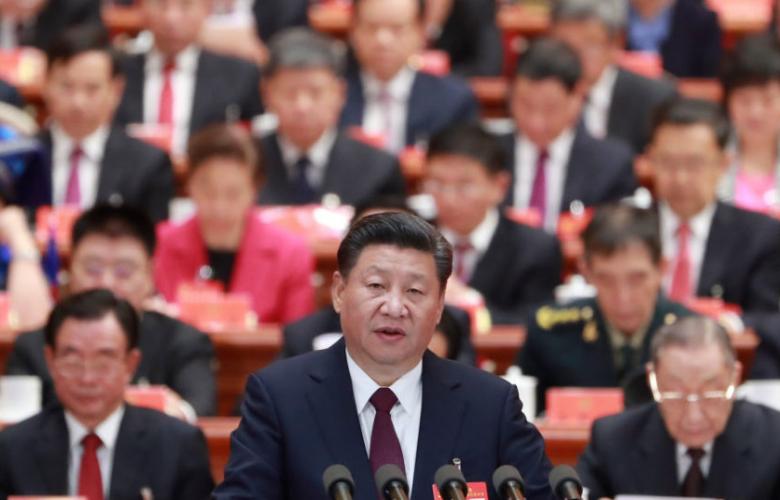“Houses are built to be inhabited, not for speculation” President Xi
Contact
“Houses are built to be inhabited, not for speculation” President Xi
CBRE wraps up the keynote report delivered by President Xi Jinping at The 19th National Congress of the Communist Party of China which commenced on October 18.
The congress is China’s most important political event and reviews the progress of the past five years; sets out the transition of power; and shapes the social and economic development for the next five-year term.
President Xi’s report to the congress included a pledge to deepen supply-side structural reform; encourage innovation; reduce financial risks; reform state-owned-enterprises; and expand market access to foreign companies.
What does it mean for real estate?
Office:
President Xi’s stated aim of promoting entrepreneurship; accelerating the development of modern service industries; and fostering innovation will continue to support the growth of domestic occupiers, particularly technology firms.
President Xi’s pledge to implement a system of pre-establishment national treatment plus a negative list clarifying restrictions on foreign investment; relax market access; open-up the service sector; and protect the rights and interest of foreign investors is expected to improve the regulatory environment for overseas businesses. This should help drive further expansion and office space demand from foreign multinationals.
Retail:
During his report to the congress, President Xi referred to the “principal contradiction” facing China, which he identified as unbalanced and inadequate development. Nevertheless, Chinese middle-class consumers continue to shift their focus from the price and quality of goods towards service and overall experience.
CBRE Research advises shopping mall operators and retailers to capitalise on consumption upgrading by enhancing the consumer experience via refreshing their tenant/product mix and strengthening their focus on placemaking, defined by CBRE Research as "integrating design, amenity, and community to create a unique space where people want to be.” Evolving consumer needs and technology will also accelerate the development of new retail formats.
Industrial:
President Xi called for a new focus on developing advanced manufacturing techniques using methods such as automation, and also integrating the internet, big data, and artificial intelligence with the real economy.
CBRE Research believes that industrial upgrading, coupled with the Belt and Road initiative, will trigger the relocation of manufacturing businesses from coastal to inland cities, fueling demand for industrial and logistics space.
Tier I cities are expected to see growing demand for research and development space. In addition, the adoption of big data-related technology along the manufacturer-consumer loop will generate robust demand for data centres.
Residential: President Xi stated that “houses are built to be inhabited, not for speculation” and pledged to establish a system featuring supply from multiple parties; affordability from different channels; and one in which rental housing was as important as home purchasing.
This statement adheres to the government narrative of developing a housing rental market to alleviate the supply shortage in large cities. CBRE Research foresees that the home rental market will expand significantly in the coming years, supported by government initiatives and by the innovation of real estate-related funding instruments.
Investment: The report delivered by President Xi reiterated the government’s commitment to preventing financial risks and implementing a macroprudential policy. Current policies such as deleveraging and capital controls are therefore set to remain in place in the short-term.
CBRE Research retains its view that outbound investment by major State-owned Enterprises and insurance firms will remain limited, with the probable exception of Belt and Road-related projects. The composition of Chinese outbound capital will further shift towards sovereign funds and tier II investors.
Deleveraging is set to continue into 2018 as a carefully managed process cushioned by the reserve requirement ratio (RRR) cut effective at the beginning of next year. While there will be more opportunities for M&A, a sudden credit crunch is unlikely given the government’s vigilance in preventing systematic financial risks. Moderate liquidity coupled with capital controls will ensure domestic investors retain a strong appetite for commercial assets in tier I and II cities.
For more information about how President Xi Jinping's plans will affect the China property market or to discuss the market in general phone or email Sam Xie, Head of Research CBRE China via the contact details below.
Similar to this:
As China cracks down on outbound acquisitions, Belt and Road acquisitions surge






